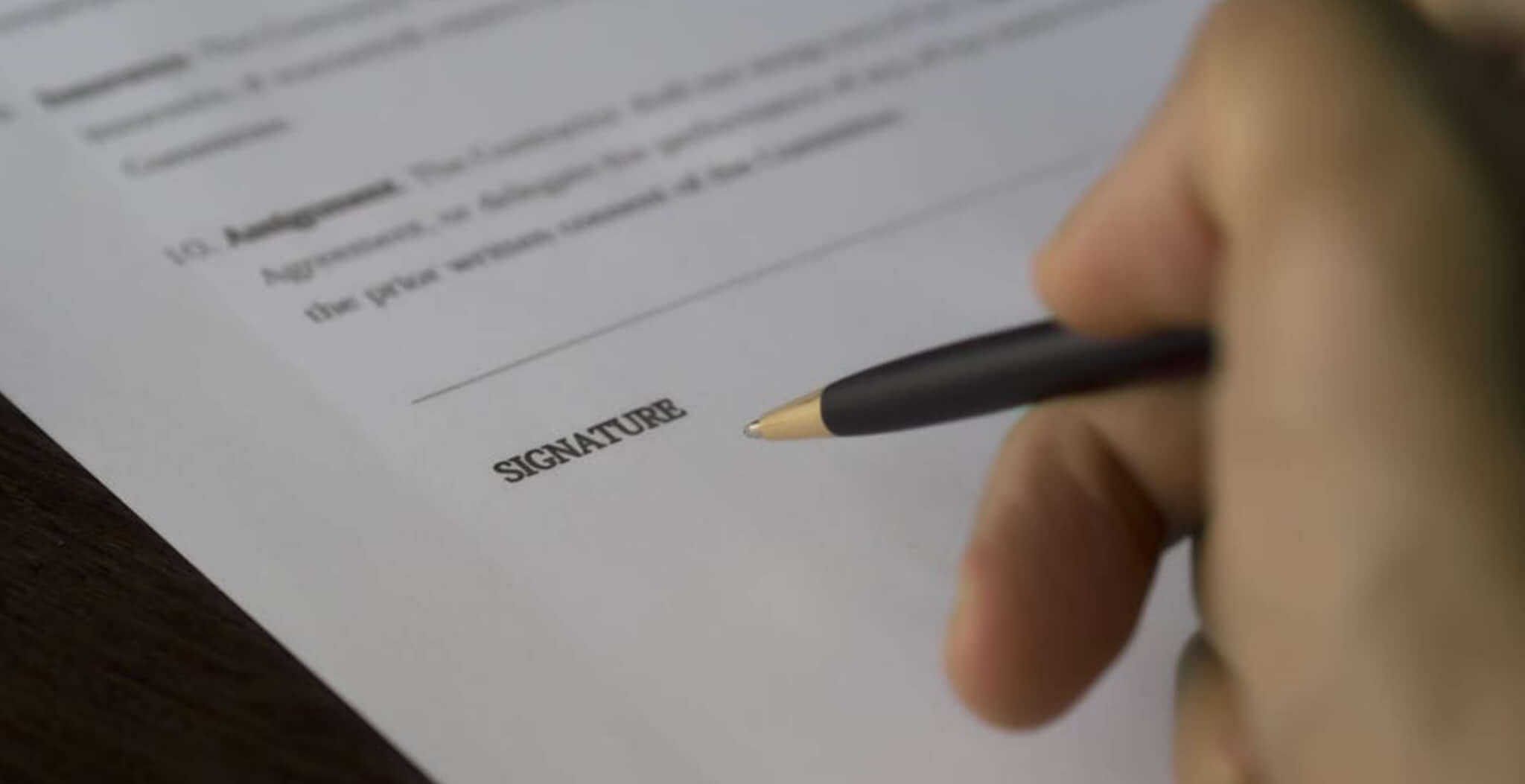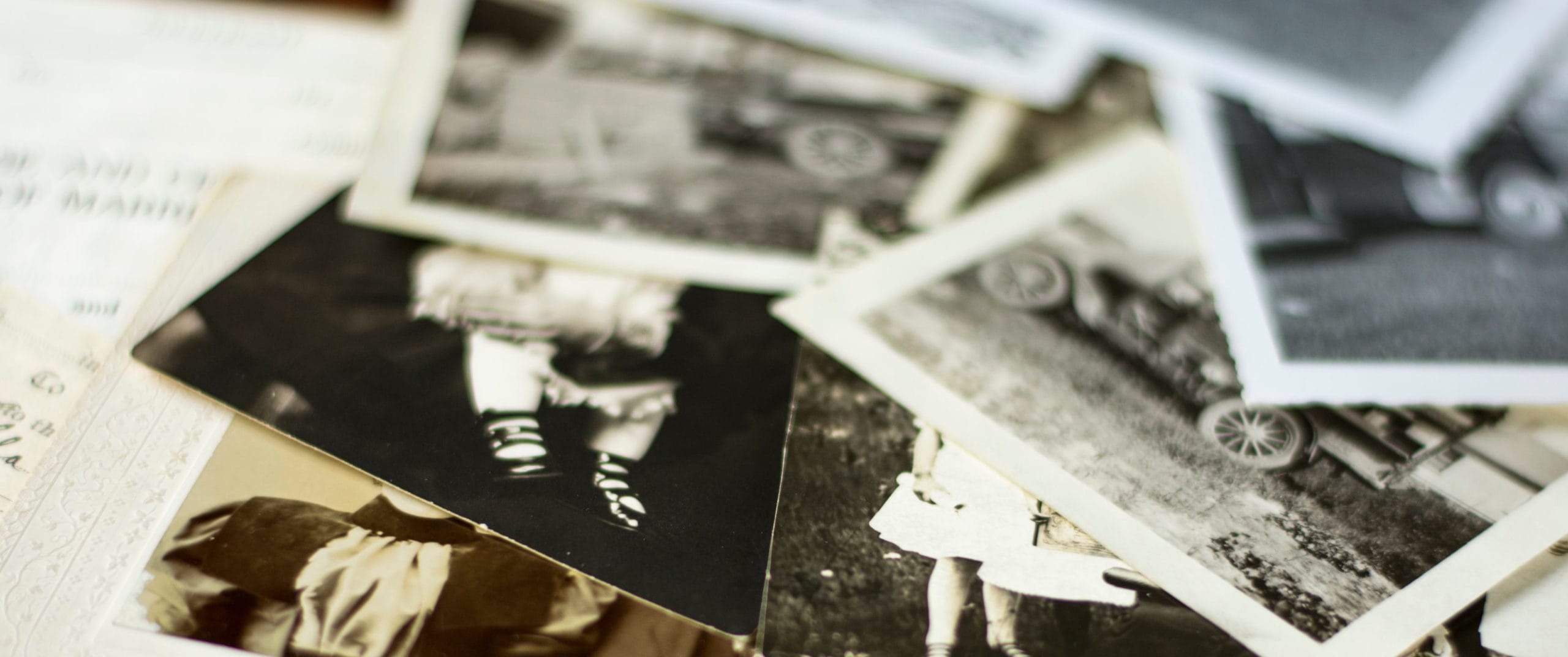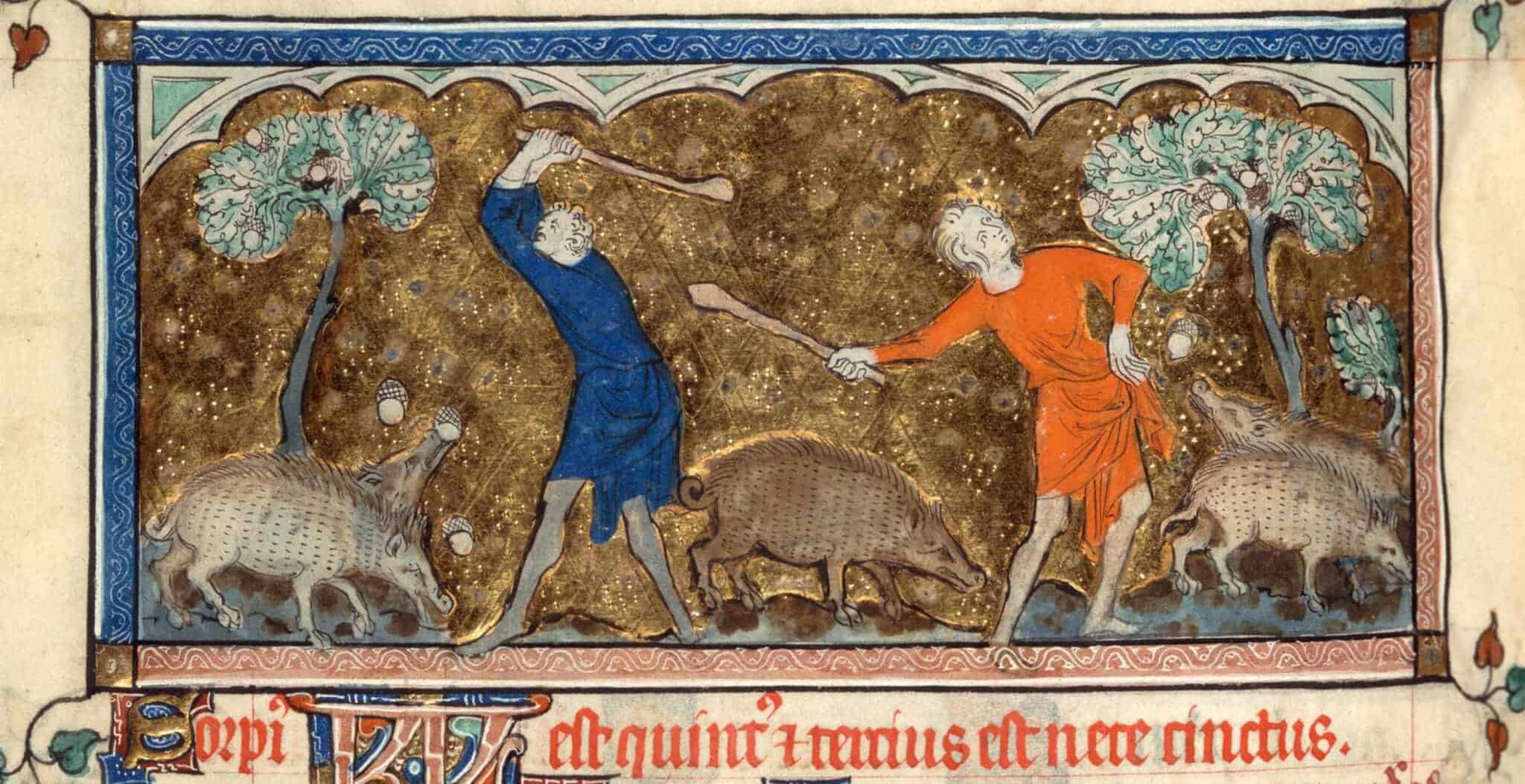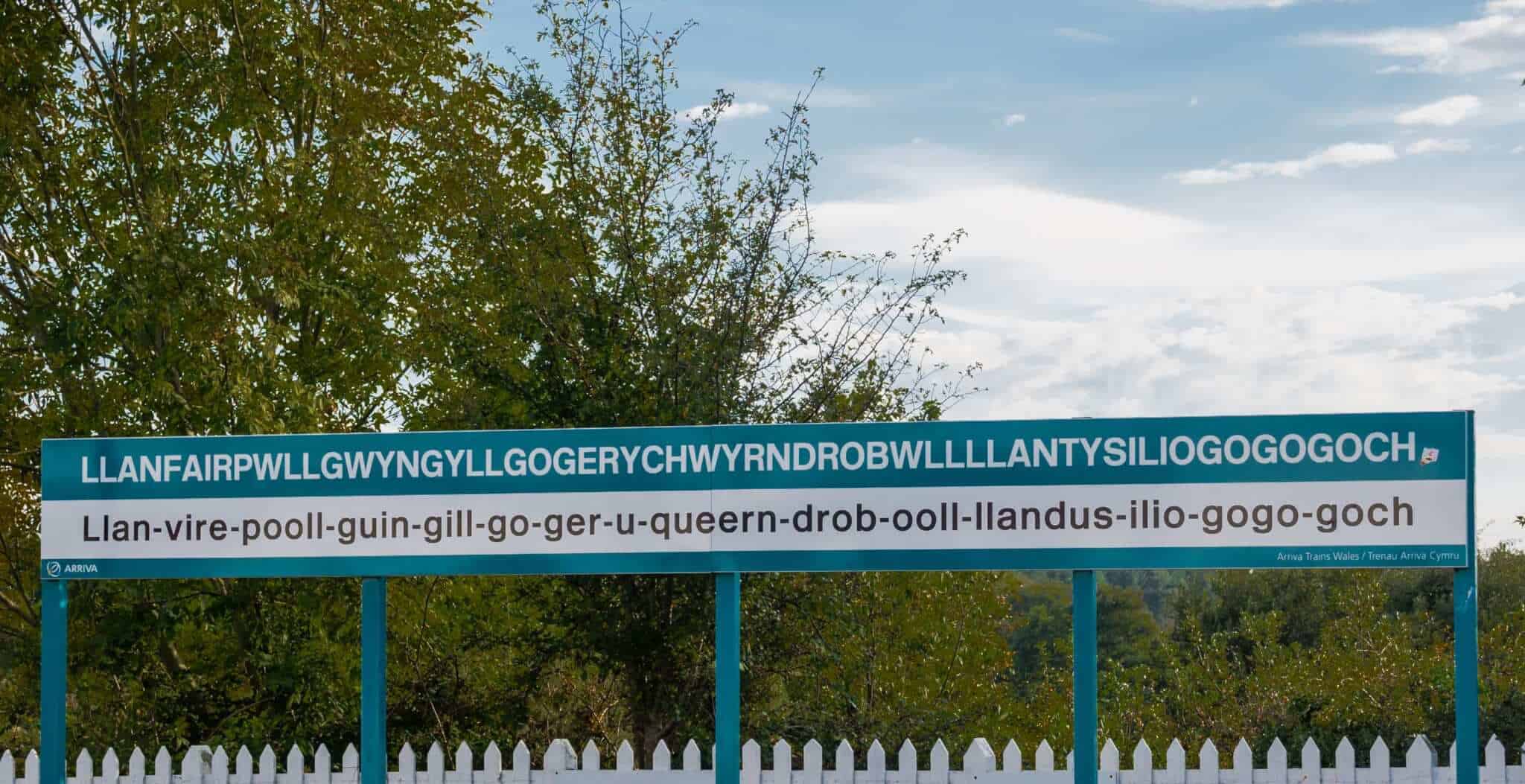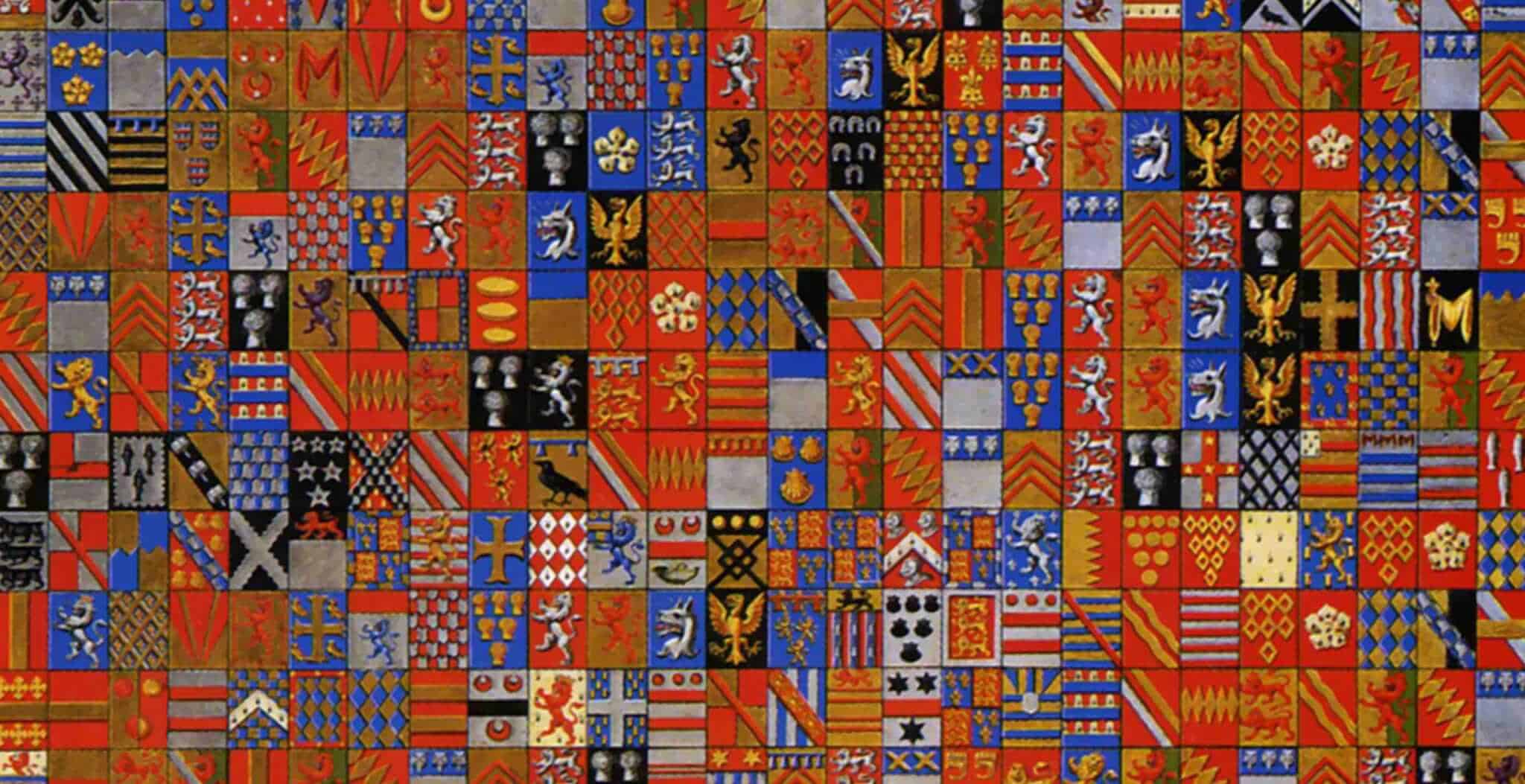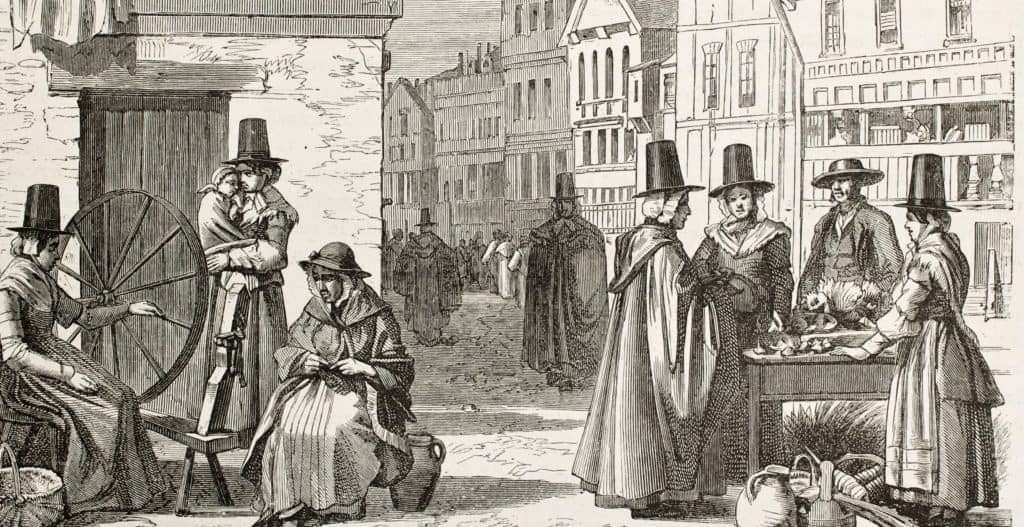Have you ever wondered where your surname comes from? Or when people start using surnames (last names) and why?
In England, surnames are also commonly known as last names due to the practice of writing the given names first and then the family name or surname last.
Historians generally agree that in AD1000 England about 10% of the population were slaves, the rest were unfree. By unfree, the ‘great unwashed’ were either villeins, bordars and cottars, or serfs of varying status, all bound to the land by their lords and masters. Most people moved so little that they needed only a first name to identify themselves. Even among the knightly class, hereditary surnames were rare.
Surnames weren’t widely used until after the Norman Conquest in 1066. As the country’s population grew, it became necessary to distinguish between people and so names began to include descriptions of the person, such as Thomas son of John, Peter the Baker, Richard the Whitehead, Mary Webster, etc. These descriptions would grow to form the surnames we recognise today.

To begin with, surnames were fluid and changed over time, or as a person changed his job. For example, John Blacksmith might become John Farrier as his trade developed.
The introduction of parish registers in 1538 helped establish the idea of hereditary surnames. However it was still common in some parts of the country to find a person entered under one surname at baptism, married under another name and then buried under a third.
Today there are perhaps as many as 45,000 different English surnames, derived from all kinds of sources: nicknames, physical attributes, trades, place names etc.
Irish, Welsh and Highland Scottish names mostly derive from Gaelic personal names whereas traditional English and lowland Scottish surnames also reflect society as it was in the mid to late Middle Ages.
Common surnames such as Smith, Wright, Fletcher, Knight, Cook, Squire, Taylor and Turner are all based around medieval trades or occupations.
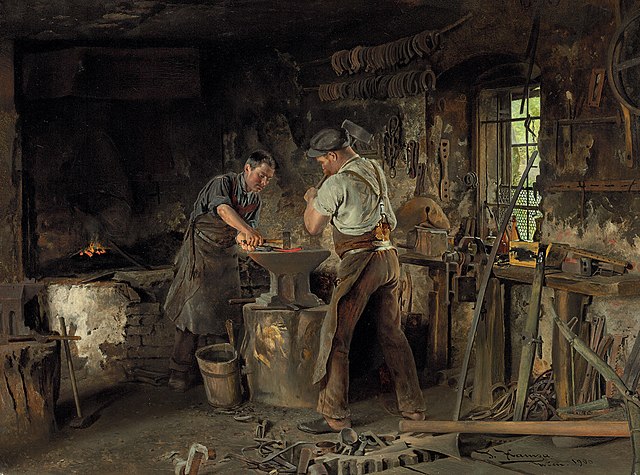
Some surnames derive from personal traits or looks, such as Armstrong, Swift, Red and Short. Those derived from where the person lived might include Hill, Dale, Bridge, Forest and Wood; also York, Lancaster, London etc.
Another common way of distinguishing people would be ‘son of’, for example Johnson (son of John), Richardson, Wilson, Harrison etc. An ‘s’ at the end of a personal name also meant ‘son of’, for example Richards, Stevens, Williams and so on. Many Welsh surnames follow this pattern, with Jones (from ‘John’s son) being the most common.
Sometimes a middle name might become a surname. For example, a child christened John Oliver might result in later generations adopting Oliver as their surname.
Some common surnames and where they derive from:
Wheeler – another word for a wheelwright
Chapman – sold goods at market
Inman – innkeeper
Baxter – lady baker
Brewster – lady brewer
Lister – dyer
Walker – someone who pounded wool with their feet, part of the wool making process.
Stringfellow – made the string for bows
Wainwright – someone who made carts
Foster – corruption of Forester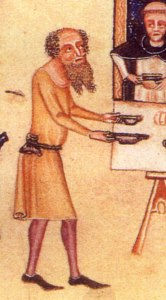
Arkwright – someone who made chests (arks)
Dempster – derived from deemester, an old English word for a judge
Kitchener – worked in the kitchens
Coward – comes from cowherd
Davies and Davis – both derived from Davy’s (David’s) son
Fitz – from the Norman-French ‘fils de’ (son of).
Hurst – wooded hill
Shaw – another word for a wood.
Townsend – someone who lived on the edge of town
Cruikshank – someone with crooked legs
Moody – derived from the old English ‘modig’ meaning brave, bold
Tait – cheerful
Published: 27th June 2015
